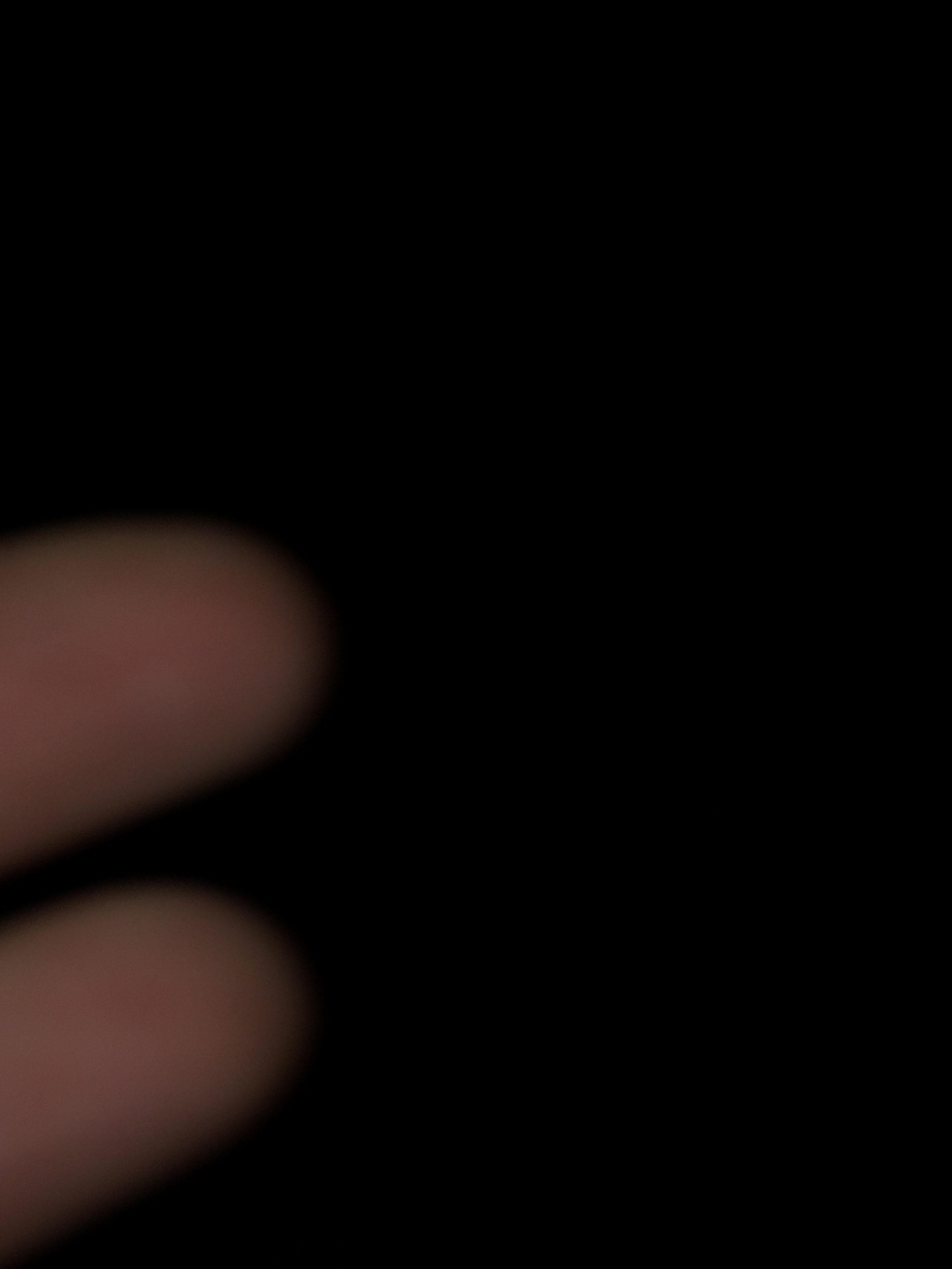
‘‘Isaiah’s Centre for Nature Learnin,’ is not recommended for children, though the facility fails to mention this with the exception of a small sign inside the ‘Centre’ itself. Unwitting parents will likely read the sign several minutes after their children have begun to engage with the ‘Learnin’ aspects of the ‘Centre,’ a series of brightly colored trivia questions on particle-board displays and flashing plastic buttons with which to answer.
The sign may very well be an extension of the ‘Centre’s’ overall educational philosophy, that the inquiring mind learns best through trial and error. Maybe it is up to the parents to ‘learn’ the dangers of unmanned, unlicensed educational centres that advertise in cardboard and stand so far off the paved road.’
THE AMERICAN RED SQUIRREL’S DIET OF (SEEDS, PLANTS, MEAT) MEANS IT HAS BEEN CLASSIFIED AS A (CARNIVORE, HERBIVORE, GRANIVORE).
…
YOU CHOSE (MEAT) AND (CARNIVORE).
…
WRONG!
The controls of the trivia machine flash red in disappointment and I stretch, glad to be out of the rain, which taps lightly on the roof. ‘Isaiah’s’ doesn’t have any sort of security system as far as I can tell, nothing in the way of cameras or alarms or self-locking doors, which means I likely have the run of the place until the weather passes. This will be like low-effort camping, I tell myself. It will be completely unlike squatting.
The noise on the roof grows louder and I cross the ‘Centre’ to its windows, hoping the bike’s cover will hold. It’s windy outside, autumnal leaves churning about in the dirt parking lot, but the rain has stopped.
Behind me, the trivia machine speaks:
YOU CHOSE (MEAT) AND (CARNIVORE).
I become uneasy about the noise on the roof.
WRONG!
The forest outside shifts with life.
-traveler
‘The headquarters of ‘The Church of the Liquid Gospel’ is a strange sight to behold. The building is small and absurd, made of a bleeding stone and set under the sky like a half-melted sundae. Clear liquid, water one hopes, spills sloppily from its chimney, landing in obscene chunks that splatter absentminded passersby. Members of the church’s small pantheon wriggle and dance in stained-glass scenes that bulge from their frames like the bubbles of a sickly bath.
At its core, ‘The Church of the Liquid Gospel’ believes we are in the preliminary stages of an unnamed, unfounded faith. The world’s stories, now and before this, are set to make up this eventual religion’s parables and texts, meaning that the to-be ‘gospel’ is not yet determined- it remains fluid. Saints and avatars are created and retired on a regular basis; parables emerge from yesterday’s domestic scenes- ‘The Milk Left to Expire,’ ‘The Risen Lifeguard,’ ‘A Banana in the Lunchbox.’
The church’s devotees are a slow-moving bunch, endlessly worrying over potential future readings of the world’s day-to-day activities. Will our failures serve as encouragement for the congregation to be? Or will they be used as evidence for some sort of inherent moral weakness? Like cupping water in one’s hands, the liquidity of the Gospel makes it an impossible burden to bear for long. Many congregants will eventually flee to faiths with a little more in the way of structure.’
It does not seem possible to enter ‘The Church of the Liquid Gospel’ with any real confidence in remaining dry. The fluid pouring from the roof drapes across the threshold in chaotic intervals and churchgoers come and go without any sort of hesitation- some being caught in the downfall and others stepping between the torrents. It’s a particular gamble for a man that carries everything he owns on his back.
The spearhead dripping of a new cascade catches the cuff of my left sleeve but I make it through the door otherwise dry, barely avoiding a collision with a devout-looking woman just inside. The woman smiles at me and wrings her jacket out onto the floor, or, through the grates that make up the floor. The ‘Church’ is built on a black pool that wavers just below our feet, its waters pulled toward a clear central pillar that I recognize as the base of the ‘chimney.’
“Welcome,” the woman says, “You’re early for service.”
“Just visiting,” I tell her, “My… aunt is a member out of… uh, Louisville.”
“They have a beautiful little chapel down there,” she says, and I nod.
“But this is the Mecca,” I say, “So to speak.”
“So to speak,” she agrees, before stepping politely away in her damp clothes.
The ‘Church’s’ lighting is strange, to say the least. It’s a dim building, colored by the sunlight entering through the stained glass. I watch my shadow as I walk, quietly willing it to behave, to refrain from any fancy maneuvers under the stress of a new situation. To it’s credit, the shadow seems to recognize the hopelessness of the situation and it sinks under the grate where it can hide in the dark water, draped over the surface like a spider’s web.
The ‘Church’s’ central room is clearly one of worship. Pews circle the central pillar and I slip quietly between them, pulling the guise of false-prayer over my face, a lids-half closed and tilted head maneuver that seems to qualify as respectful engagement under most divinities. A man across the way leans back in his pew, having propped a book up on his knee. I find the same book tucked into the bench ahead of me.
‘The Liquid Gospel,’ it says.
The tome is nothing more than a fancy three-ring binder, the pages inside shuffling loosely about. I turn to a section titled ‘The Revised Book of Susanna, Goddess of the Afterlife,’ and read a short history of a school’s janitor who dies and brings order to an afterlife that, before then, was simply a large room. Susanna begins to divide the space into several rooms, sorting the dead as she goes, and what emerges is something like a beehive.
Without any sort of grounding in ‘The Church of the Liquid Gospel’ I struggle to understand the reading. Susanna and the hive structure are not detailed in a particularly positive or negative light, though there does seem to be a suggestion that order, from chaos, was an improvement. Susanna’s own admittance to the afterlife was by way of car accident, which places the creation of the Gospel’s afterlife within the last century or so.
The endnotes of the chapter list several ‘draft codes’ with dates that span the last several hundred years. The top dozen or so are marked ‘Susanna’ and the hundred or so years before those say ‘Melfior.’
“Have you lost someone?”
The woman has returned, her pale hand resting on the back of the pew.
“No,” I tell her, “I just… turned to it.”
I stir, uneasily, and feel my socks squelch. The shadow (my shadow, I’ve been trying to say) has soaked through and wavers miserably underneath us.
“What do you think?”
“I don’t really know what to think about it.”
“Interesting,” she says, and she points up, toward the ceiling, at a window that shines gold and red. “We’ve had this installed, recently. ‘The Honeycomb Hell,’ the artist called it. He saw hell in the descriptions.”
The piece is simple- a clear silhouette, the deity Susanna, stands before a wall of hexagons. Arms and legs stick out and strange angles and faces peer up from the floor. It makes me think of ‘Rolling Hills,’ where Alice turns in her sleep. She has been bitter since I bartered pieces of the coffin away for the shadow, the picks themselves difficult on the palate. I wake, sometimes, to her rattling.
“There is something grim about the whole thing,” I admit, “There’s no redemption in it, no chance for trying it all out again.”
The woman nods.
“How long do you think she’ll last?” I ask, “This ‘Melfior’ guy seems like he held on for a while.”
“Not long,” she admits, “The ‘Gospel’ is hard on them, it waters them down over time. Melfior’s first passages described him as a being of metal and stone- murderous, wrathful, and immensely powerful. By the time he was retired, Melfior was a blacksmith’s apprentice, a boy who made the nails for coffins. You can see it in the glass,” she says, pointing again. “All of the old gods are in pastels, their lives becoming mundane after years of re-imagining. The new gods maintain the colors of their creation. In order to be entered into ‘The Liquid Gospel,’ a piece must be novel. Once it it’s there, though, once we begin to consider the implications of its form, we begin to make it safe.”
It’s clear, with the woman’s anecdote in mind, that the church has been replacing its stained glass in a rough, clockwise spiral from the center. Pale blues and yellow dominate the center in soft contrast to violent reds and thick greens near the outside.
The woman wanders away at some point and, eventually, I pull my heavy shadow across the floor and back into the world, where I am nearly crushed by a wave of liquid that seems to fall from the very sky.
-traveler
I miss the truck, sometimes, which was as much a home as a means to end this long task I have set out to accomplish. The bike gets me where I’m going (and many places I don’t mean to go), but it is more companion than shelter- a pet that trades service for fuel and good care. I see more on the bike- I experience more, for better or worse. Every warm day and every drop of rain. The smell of blossoming orchards and of drying leaves. I feel the lazy shadow dragging behind me and whipping in the wind. I worry, still, that it may get pulled up under the tires like an errant scarf, leading to some sort of eldritch maiming.
It hasn’t, yet.
I would get lost in the truck. Not on the road but inside the truck itself, in the landscape of plastic wrappers and ancient stains. Most miles would pass unnoticed and unremembered, ‘gray roads’ in a different sense, in the sense that they might as well not exist for all the evidence I would be able to conjure up in retrospect. Dark roads, then, like dark matter- the mysterious glue that holds it all together, that is endlessly expanding.
Where do we go in the time between things?
‘Though perhaps not exclusive to America, ‘The Traveler’s Sojourn’ maintains facilities along so much of the country’s infrastructure that the author would be remiss in excluding it. Accessible by car, bus, and train, the ‘Sojourn’ offers the weary mind a short respite in a place that is just outside the vehicle’s glass.
Tempting as it might be to question the purpose of the ‘Sojourn,’ or to assume that such a service is not without a price, it has persisted in being a relatively benign phenomenon. Perhaps, in our hurry to conflate the otherworldly with the grim, we neglect to consider any other world’s mundanity. Perhaps ‘The Traveler’s Sojourn’ is no more than a sun-warmed rock- a place to be for no reason but to be there.’
-traveler
‘Rumors of ‘The Dread Toll’ emerge over embers, they being a series of less beloved tales than your Jersey Devils and myriad-gender Moth-Beings, muttered only after the fire has wound down and allowed the night to encroach upon storytelling. The reluctance to voice these stories stems from a two-fold problem with every toll taking- that meeting a booth implies that a driver was either intoxicated or on the verge of sleep, and that the outcome of each encounter is widely mundane.
The average paying of ‘The Dread Toll’ begins late at night or early in the morning, often on a stretch of road that is familiar to the driver. A checkpoint emerges on the horizon, a gray, cloudy booth and a weathered gate. Condensation and grime obscure the toll-takers inside their boxes- though we know them to have humanoid silhouettes and dull voices. They demand payment through a crackling speaker and raise the gate when paid. The toll itself feels expensive, but not so expensive as to warrant arguing.
And the toll is always money.
That’s the ‘dread’ that lingers with those who meet the tollbooths, long after they have paid and gone on their way- a discomfort at the idea that the American supernatural is as strapped for cash as anybody else, that money is the force that turns all imaginable worlds.
The state of the country’s gray infrastructure is currently unknown, but it would behoove the lone driver to keep a roll of quarters in the glovebox. Prices are on the rise.
-excerpt, Autumn by the Wayside
The man, presumably the owner, stands behind me. I feel his eager breath on my shoulder. His hands tremble in his pockets, shaking the quarters there.
“Go on,” he says, “This machine is one-of-a-kind. A game unlike any other.”
The machine, an arcade cabinet called ‘ESCAPE!,’ beeps innocently and runs a small, pixeled man through a variety of trap-filled rooms.
“You’re sure,” I say again, “You’re sure I’m not going to get pulled into this thing? Like, pulled in to a real-life situation where I’m that guy on the screen.”
A speech bubble appears above ‘ESCAPE!’s’ character.
“Help!” it says.
The owner coughs and looks nervously around the empty room.
“First game’s on me,” he says, handing me a sweaty coin, “With a little skill you might be able to play on that for a long time.”
This is a man that can’t help himself.
I balance the coin in the slot and hear the man’s breath catch- almost a squeal. I brace myself and the quarter drops. The machine beeps wildly and then beckons me to start.
The man taps his foot and scratches wildly at his scalp for half an instant.
“Now,” he says, “Just press that red button. That’s when the real fun begins.”
This, like so much of what I do, will end badly.
-traveler
Rear View Mirror
- January 2026
- December 2025
- November 2025
- October 2025
- September 2025
- August 2025
- July 2025
- June 2025
- May 2025
- April 2025
- March 2025
- February 2025
- January 2025
- December 2024
- November 2024
- October 2024
- September 2024
- August 2024
- July 2024
- June 2024
- May 2024
- April 2024
- March 2024
- February 2024
- January 2024
- December 2023
- November 2023
- October 2023
- September 2023
- August 2023
- July 2023
- June 2023
- May 2023
- April 2023
- March 2023
- February 2023
- January 2023
- December 2022
- November 2022
- October 2022
- September 2022
- August 2022
- July 2022
- June 2022
- May 2022
- April 2022
- March 2022
- February 2022
- January 2022
- December 2021
- November 2021
- October 2021
- September 2021
- August 2021
- July 2021
- June 2021
- May 2021
- April 2021
- March 2021
- February 2021
- January 2021
- December 2020
- November 2020
- October 2020
- September 2020
- August 2020
- July 2020
- June 2020
- May 2020
- April 2020
- March 2020
- February 2020
- January 2020
- December 2019
- November 2019
- October 2019
- September 2019
- August 2019
- July 2019
- June 2019
- May 2019
- April 2019
- March 2019
- February 2019
- January 2019
- December 2018
- November 2018
- October 2018
- September 2018
- August 2018
- July 2018
- June 2018
- May 2018
- April 2018
- March 2018
- February 2018
- January 2018
- December 2017
- November 2017
- October 2017
- September 2017
- August 2017
- July 2017
- June 2017
- May 2017
- April 2017
- March 2017
- February 2017
- January 2017
- December 2016
- November 2016
- October 2016
- September 2016
- August 2016
Recent Posts
Archives
- January 2026
- December 2025
- November 2025
- October 2025
- September 2025
- August 2025
- July 2025
- June 2025
- May 2025
- April 2025
- March 2025
- February 2025
- January 2025
- December 2024
- November 2024
- October 2024
- September 2024
- August 2024
- July 2024
- June 2024
- May 2024
- April 2024
- March 2024
- February 2024
- January 2024
- December 2023
- November 2023
- October 2023
- September 2023
- August 2023
- July 2023
- June 2023
- May 2023
- April 2023
- March 2023
- February 2023
- January 2023
- December 2022
- November 2022
- October 2022
- September 2022
- August 2022
- July 2022
- June 2022
- May 2022
- April 2022
- March 2022
- February 2022
- January 2022
- December 2021
- November 2021
- October 2021
- September 2021
- August 2021
- July 2021
- June 2021
- May 2021
- April 2021
- March 2021
- February 2021
- January 2021
- December 2020
- November 2020
- October 2020
- September 2020
- August 2020
- July 2020
- June 2020
- May 2020
- April 2020
- March 2020
- February 2020
- January 2020
- December 2019
- November 2019
- October 2019
- September 2019
- August 2019
- July 2019
- June 2019
- May 2019
- April 2019
- March 2019
- February 2019
- January 2019
- December 2018
- November 2018
- October 2018
- September 2018
- August 2018
- July 2018
- June 2018
- May 2018
- April 2018
- March 2018
- February 2018
- January 2018
- December 2017
- November 2017
- October 2017
- September 2017
- August 2017
- July 2017
- June 2017
- May 2017
- April 2017
- March 2017
- February 2017
- January 2017
- December 2016
- November 2016
- October 2016
- September 2016
- August 2016
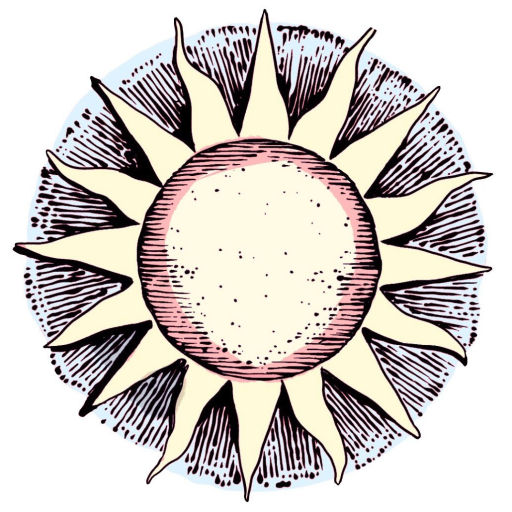
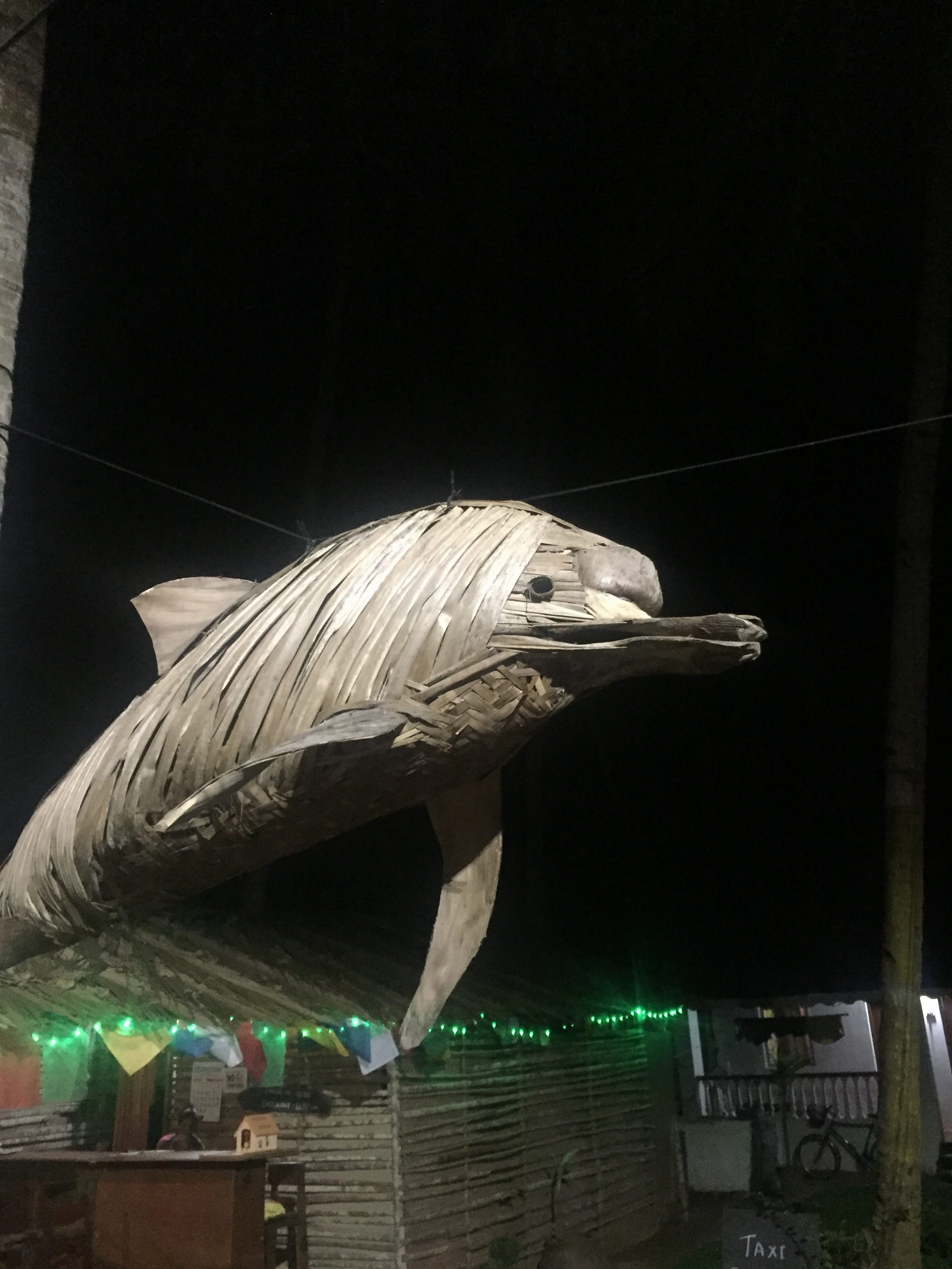
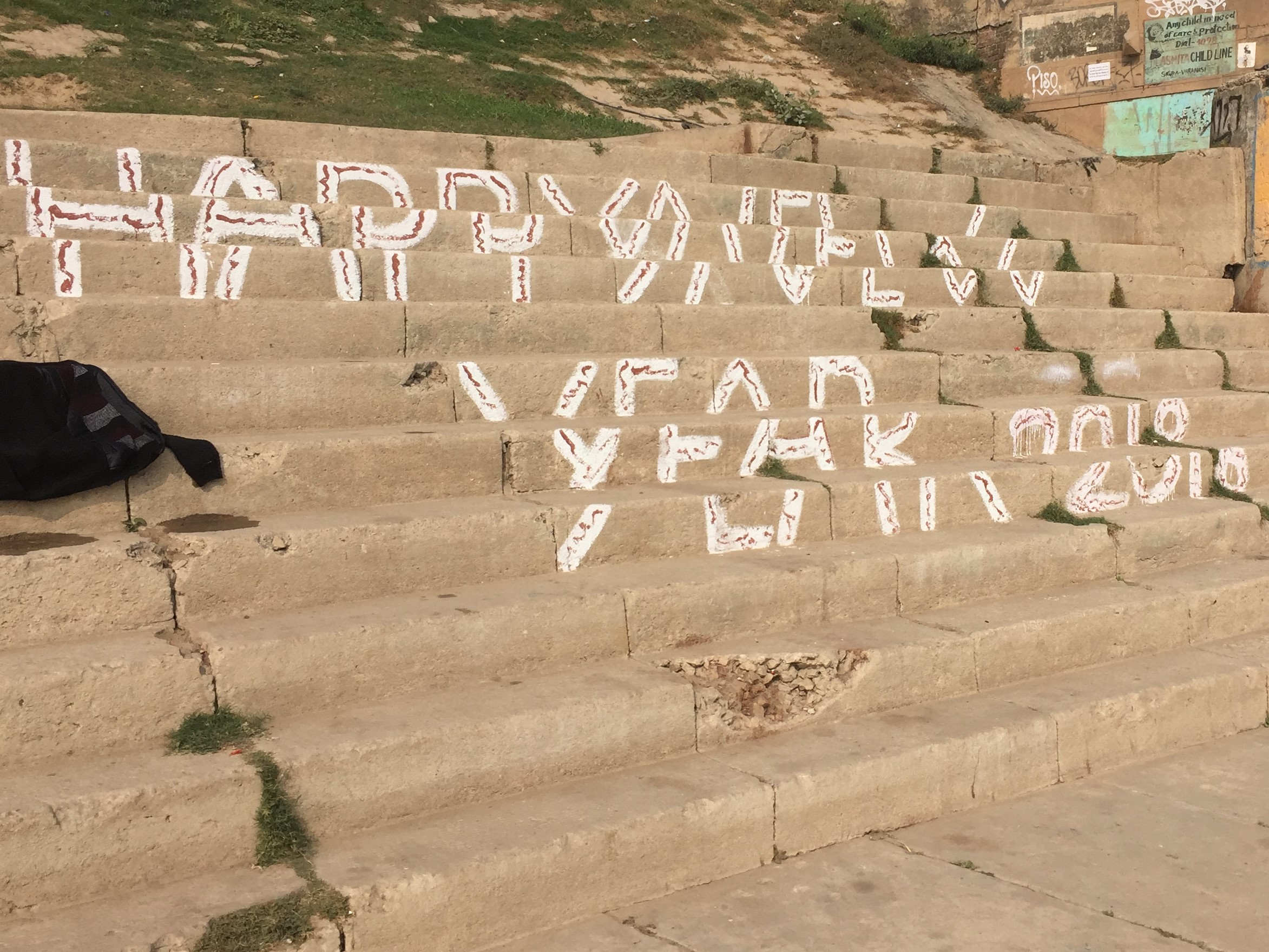
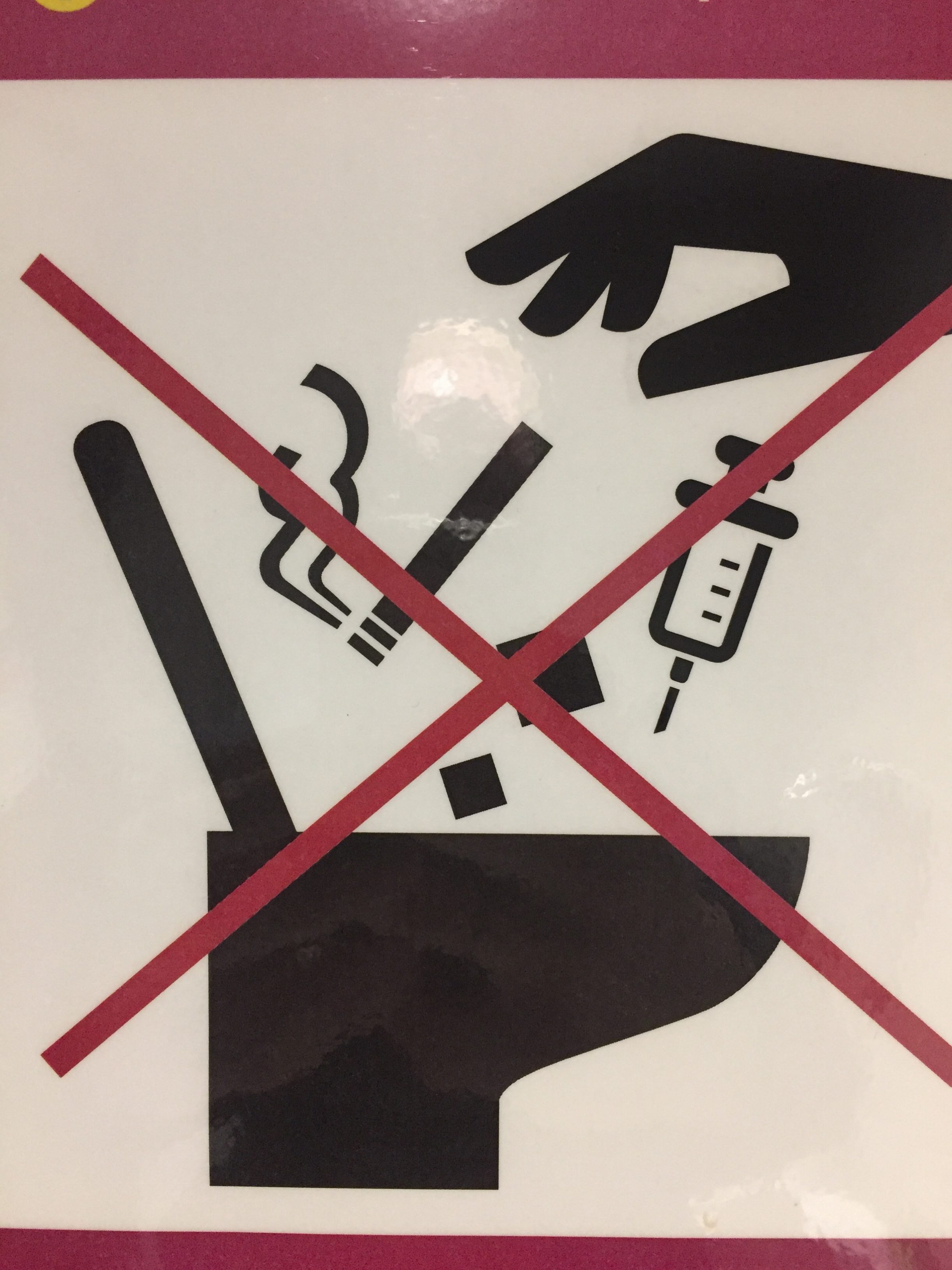
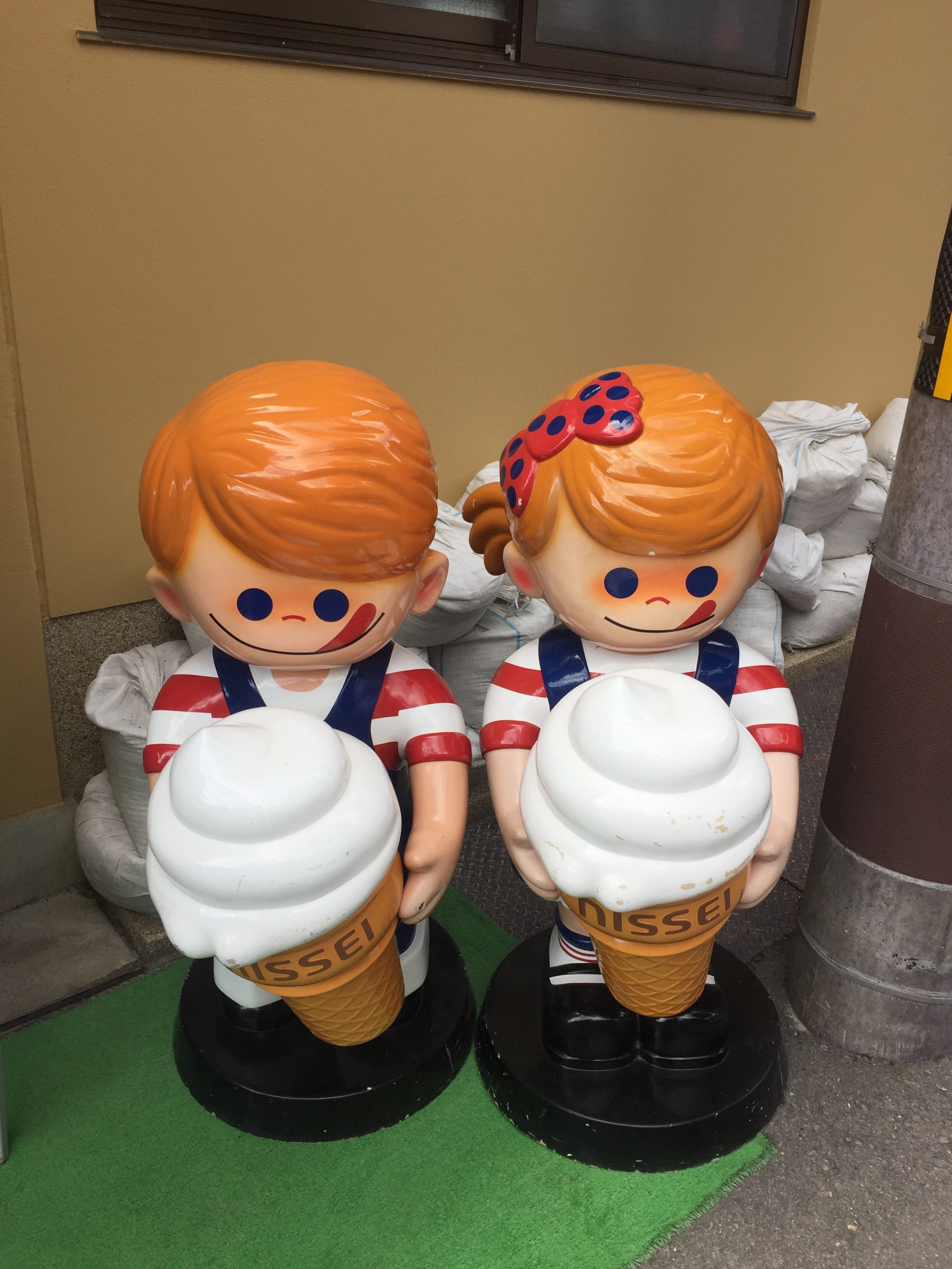
Recent Comments